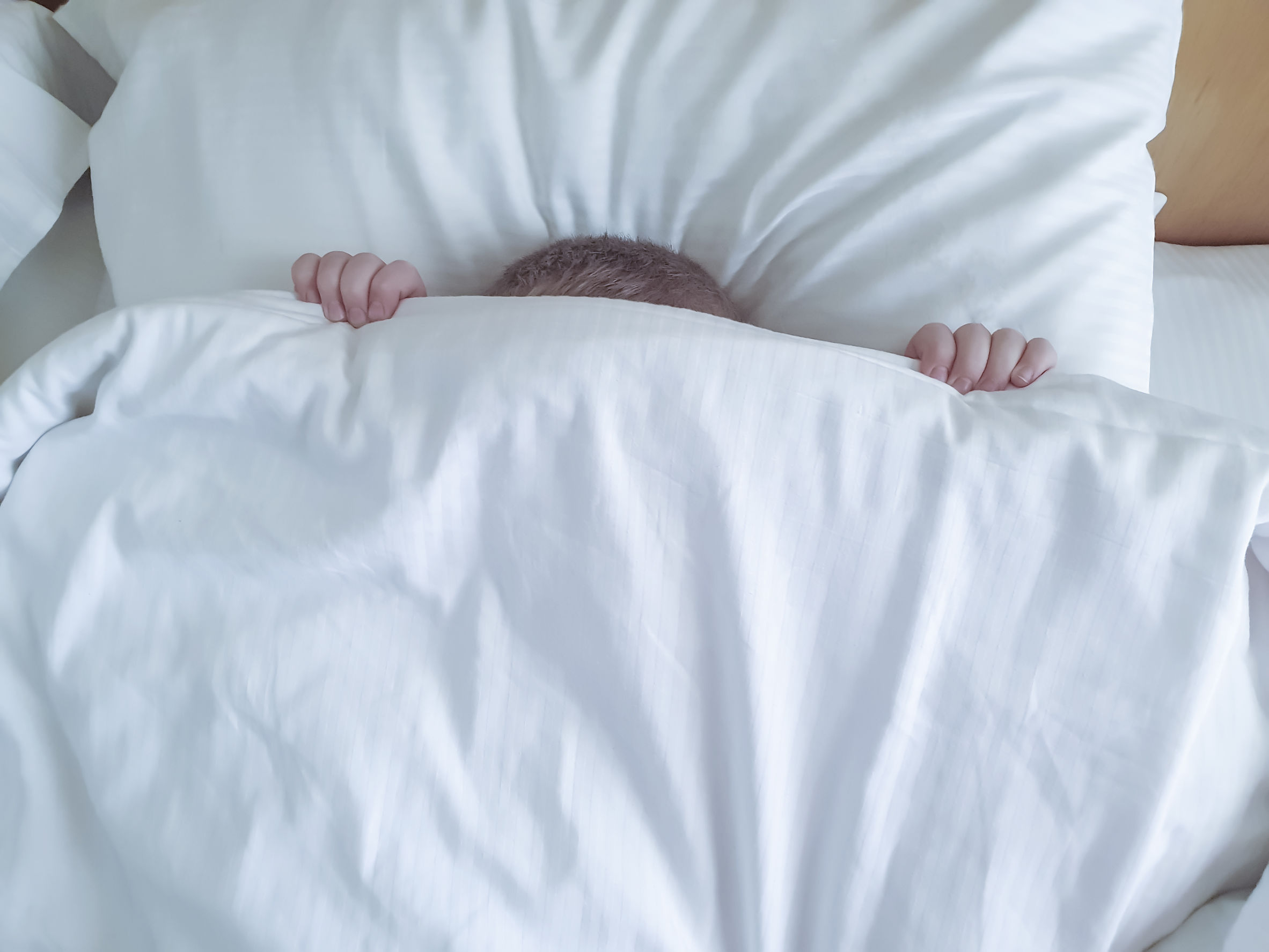”Guam, how much do you focus on your sleep? Sleep is critical to all parts of our health, and is an effective way to prevent chronic disease. You can learn more in this week's article. We hope you find this helpful and informative!
Reading Time: 8 Minutes
MWi Hacks:
- Recap on some of the negative effects of lack of sleep
- Learn some motivating insights on sleep and its relationship to happiness
MWi Summary:
- Sleep deprivation increases risk of many diseases such as diabetes and heart disease as well as overall weakening the immune system.
- Not getting enough sleep also affects our moods. We’re more likely to experience repetitive negative thoughts.
- People who get adequate sleep are more likely to rate their lives as happier.
Even though most of us don’t get nearly enough sleep these days, everyone knows that sleep is important: human beings need sleep to live and function. But what a lot of people don’t know or misunderstand about sleep is how important it is to our overall sense of happiness and wellbeing.
There’s tons of research supporting the pure health benefits of adequate sleep. Sleep deprivation raises a human’s risk of many kinds of health complications, increasing our chances of everything from diabetes to heart disease and cancer, as well as weakening the immune system overall (which also makes us more vulnerable to infectious diseases).
For optimum health, we need sleep. We also know that lack of sleep makes us less alert, slows reaction times, and impairs memory–so aside from physical health, there’s a huge mental cost to not getting enough sleep, too. (Fun fact: Humans are the only species on the planet who will deprive themselves of sleep. Sometimes being “advanced” isn’t so advanced!)
Anyone who’s ever dealt with insomnia or a colicky baby already knows from experience that being tired makes us cranky. An exhausted person is not a happy person. That’s hardly rocket science. Even though we know our work and mood suffer when we’re tired, many of us still regularly cut sleep short because we’re “busy” and assume that a few minutes here or there is no big deal. But it is a big deal, and the cumulative effects creep upon us.
But there are subtleties about sleep that can help us even more:
For example, experts agree that most adults need an average of about 7-9 hours of sleep each night for optimal health. A recent study out of the University of Binghamton revealed twofold results that found that subjects who slept less were more likely to experience “repetitive negative thoughts” while completing set tasks.
The more telling finding was that this was also true of subjects who got “enough” sleep but got it later at night, suggesting that not just the amount of sleep, but the timing of that sleep, is critical. Humans appear to be built for nighttime sleeping, despite what self-proclaimed “night owls” might claim.
Another example: UC Berkeley neuroscientist Matthew Walker designed an experiment that demonstrated inadequate sleep causes the emotional centers of the brain to “run amok.” When viewing images from neutral to disturbing, subjects in his trial became 60% more reactive to negative pictures compared to subjects who were well-rested. This means that not sleeping enough makes our brains more negative, whether we realize it or not.
Even when people describe their own levels of happiness, being well-rested comes out on top–researchers Daniel Kahneman and Alan B. Krueger found in their research on life satisfaction a direct correlation between sleep quality and overall happiness. In fact, they found sleep quality was the single most influential factor in rating daily mood, too. A recent Gallup poll got the same results: people who get adequate sleep are more likely to rate their lives as happier.
Of course, there is a little bit of chicken-and-egg here: we can’t say for sure that people who sleep more are happier or people who are happier get more sleep… but…we absolutely do know that getting enough sleep will lead you to better health and greater happiness, so it’s worth trying to get the proper amount of shut-eye as often as possible.
MWi would like to thank Nataly Kogan for her expert insights that we were able to share with our community. To read the original article go to:
https://www.happier.com/blog/the-magic-of-sleep/
More on the Author:
Nataly Kogan is a former writer for Verywell Mind, covering happiness. She is the co-founder and CEO of Happier, a leading wellness company on a mission to make millions of people happier by helping them find, create, and celebrate more small awesome moments in their daily lives. More than 500,000 people have used Happier’s mobile apps and bite-sized courses to improve the quality of their lives.
Nataly has been featured in the New York Times, The Wall Street Journal, Fortune, New York Magazine, Time, and on Bloomberg TV and “One World” with Deepak Chopra.
She is a sought-out speaker and expert on happiness, appearing at TEDxBoston, Fortune’s Tech Brainstorm, Blogher, SXSW, The 92nd St. Y, Harvard Women’s Leadership Conference and many others.






